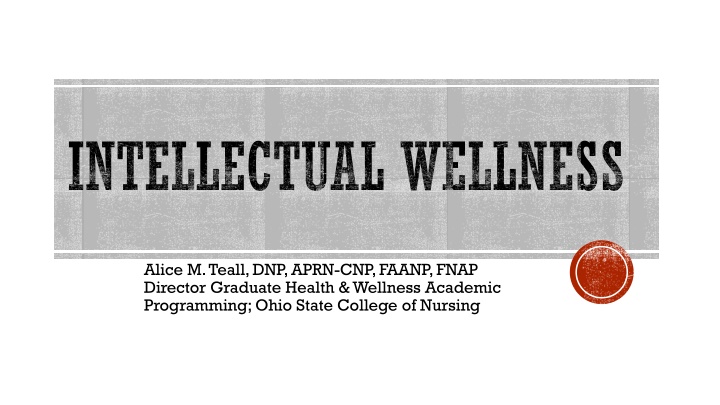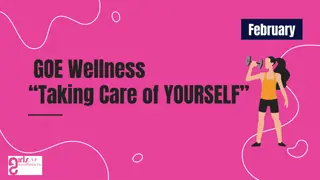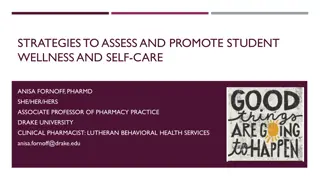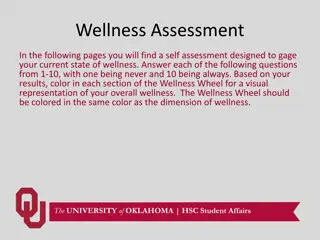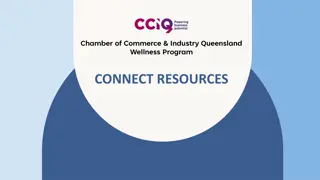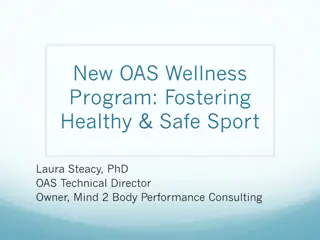Enhancing Your Intellectual Wellness: Tips and Benefits
Understanding and promoting intellectual wellness is crucial for lifelong learning, critical thinking, and personal growth. This article presents insights into intellectual wellness, its importance, signs of being intellectually unwell, steps to improve it, and engaging challenges to boost your cognitive abilities. Embrace these strategies to enhance your mental acuity and overall well-being.
Download Presentation

Please find below an Image/Link to download the presentation.
The content on the website is provided AS IS for your information and personal use only. It may not be sold, licensed, or shared on other websites without obtaining consent from the author.If you encounter any issues during the download, it is possible that the publisher has removed the file from their server.
You are allowed to download the files provided on this website for personal or commercial use, subject to the condition that they are used lawfully. All files are the property of their respective owners.
The content on the website is provided AS IS for your information and personal use only. It may not be sold, licensed, or shared on other websites without obtaining consent from the author.
E N D
Presentation Transcript
INTELLECTUAL WELLNESS Alice M. Teall, DNP, APRN-CNP, FAANP, FNAP Director Graduate Health & Wellness Academic Programming; Ohio State College of Nursing
What is Intellectual Wellness? Ability to learn and use knowledge and skills A person who has intellectual wellness will value lifelong learning, engage in critical thinking, develop moral reasoning, appreciate worldviews, and participate in continuing education.
Why is Intellectual Wellness important? Encourages LEARNING Stimulates CURIOSITY Motivates ACTION Creates ACCEPTANCE
Benefits of Intellectual Wellness Discovery Innovation Problem-solving Coping Respect Positivity
What is it like to be intellectually un-well? Over-thinking Black-and-white thinking All-or-nothing thinking Cognitive decline WARNING WORDS: Always, never, impossible, awful, terrible, ruined, disastrous, furious, perfect
Steps to Increase Intellectual Wellness Read for fun Listen to a new podcast Debate an issue with a friend, but choose the viewpoint opposite the one that you hold Improve studying and learning skills Learn a foreign language Take a class Play a board game Play a musical instrument Start a new hobby Do crossword or Sudoku puzzles Fully LISTEN to another person PLAY a game outside
Steps to Increase Intellectual Wellness DISCONNECT
CHALLENGE OPTIONS: Intellectual Wellness OPTION ONE Evidence suggests that a 20-minute walk through natural settings improves concentration. Consider walking outside minimally 3 times this week! OPTION TWO Read a book for fun 10-15 minutes each day this week.
